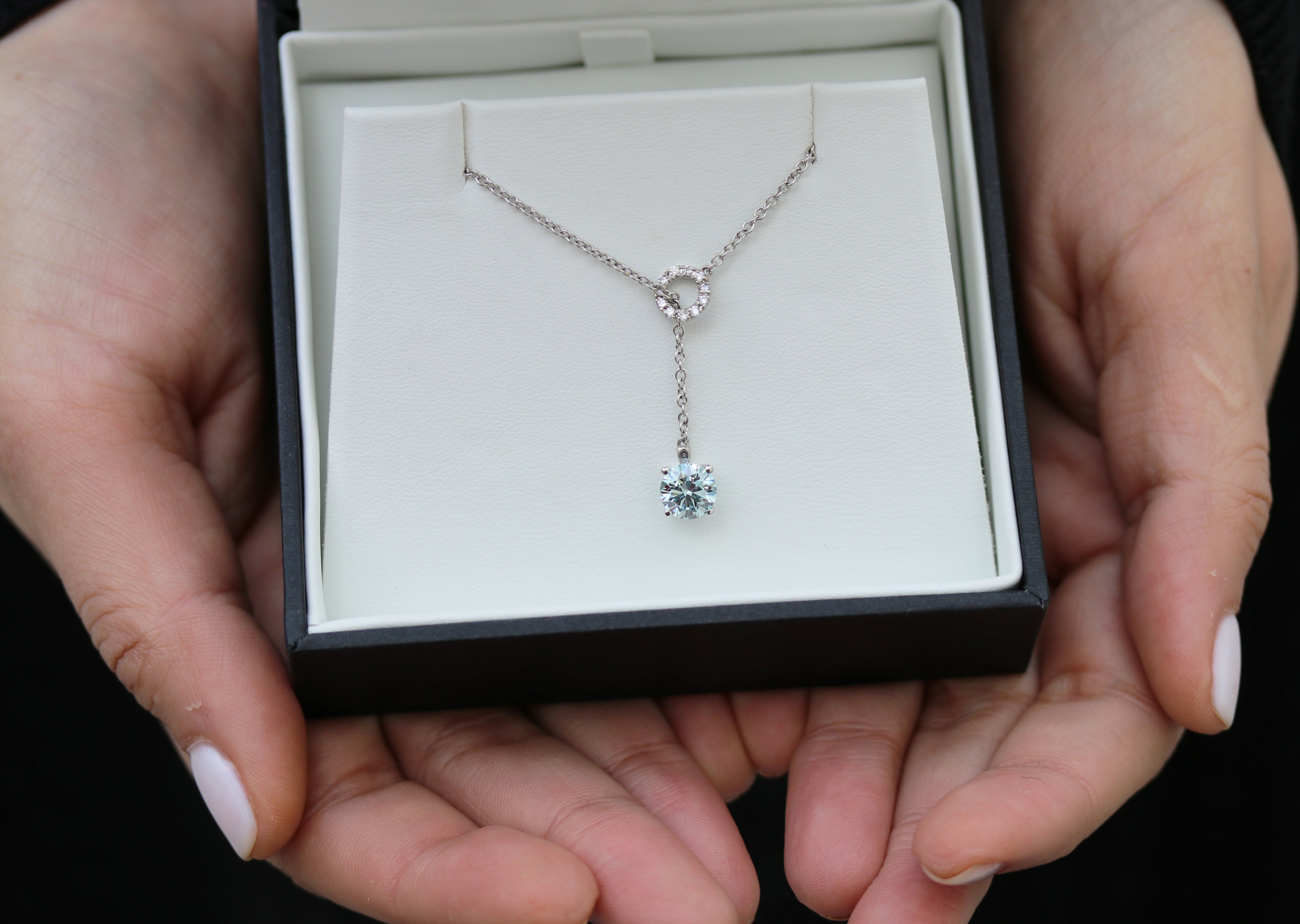Diamonds have long captivated human fascination with their stunning brilliance and rarity, while karma, a concept deeply rooted in Eastern philosophy, underscores the idea that our actions shape our destiny. But what happens when these two seemingly disparate realms intersect? Let’s delve into the intriguing connection between diamonds and karma.
Table of Contents
Introduction
Diamonds, those mesmerizing gems that sparkle in the light, are more than just symbols of luxury and status. They are forged deep within the Earth’s mantle under intense pressure and heat, emerging as one of nature’s most exquisite creations. On the other hand, karma, originating from ancient Indian religions, embodies the belief that our actions, whether good or bad, influence our future experiences.
The History of Diamonds
Diamonds have a rich history that spans millennia. From their early discovery in ancient India to their prominence in royal jewels throughout history, diamonds have symbolized power, wealth, and eternal love. Across cultures, diamonds have been revered for their purity and endurance, often serving as emblems of strength and resilience.
The Concept of Karma
Karma, derived from Sanskrit, translates to “action” or “deed.” It’s the principle that our actions have consequences, shaping our present and future experiences. Rooted in Hinduism and Buddhism, karma underscores the interconnectedness of all beings and the importance of ethical conduct. While interpretations may vary, the fundamental notion remains: what goes around, comes around.
Diamonds and Karma
The acquisition of diamonds raises ethical questions that intersect with the concept of karma. Traditional diamond mining often involves labor exploitation and environmental degradation, casting a shadow over the gem’s allure. This raises concerns about the karmic implications of supporting an industry tarnished by suffering and injustice.
The Positive Impact
However, diamonds can also serve as vehicles for positive karma. Many companies are committed to ethical sourcing practices, ensuring fair wages and safe working conditions for miners. Moreover, man made diamonds often engage in philanthropy, supporting communities in diamond-rich regions through education, healthcare, and infrastructure development.
The Negative Impact
Despite efforts to promote ethical practices, the diamond industry still grapples with challenges such as conflict diamonds and environmental harm. The pursuit of profit sometimes takes precedence over ethical considerations, resulting in exploitation and ecological devastation. Such actions not only harm individuals and ecosystems but also accumulate negative karma for those involved.
Balancing Karma
To align diamond purchases with positive karma, consumers can opt for ethically sourced diamonds certified by reputable organizations like the Kimberley Process or the Responsible Jewellery Council. Additionally, supporting fair trade initiatives ensures that miners receive fair compensation for their labor, fostering equitable relationships throughout the supply chain.
Conclusion
In the intricate tapestry of life, the connection between diamonds and karma reminds us of our interconnectedness and responsibility to tread lightly on this planet. By choosing ethical diamonds and practicing mindful consumption, we can tip the scales towards positive karma, fostering a more equitable and sustainable world.
